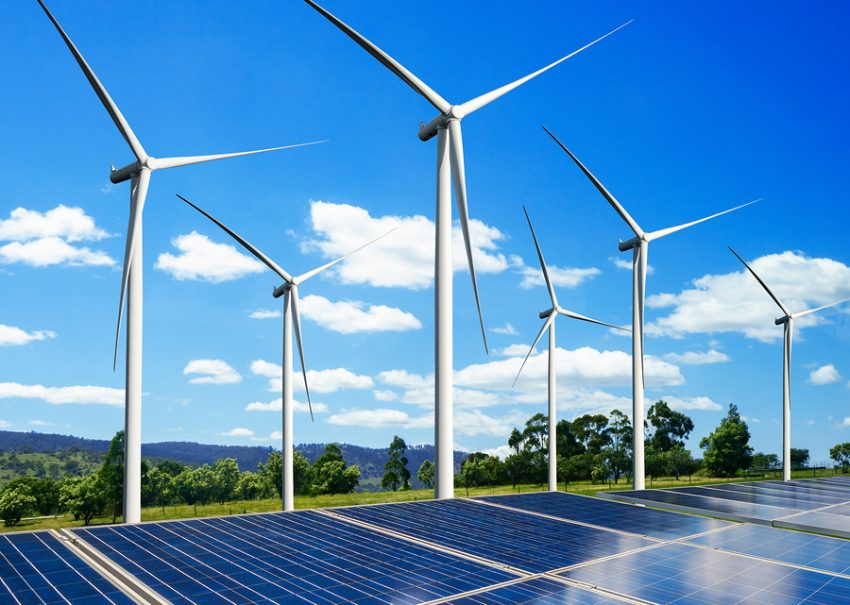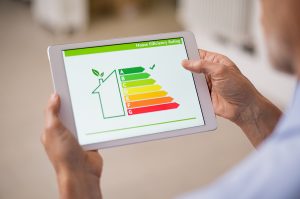
World Energy Saving Day
Since 2012, World Energy Saving Day is celebrated every October 21.
What is the purpose of the celebration?
While it is true that the objective of this day is to demand that governments take urgent measures against the excessive waste of energy that is happening, it is also important to remember that each citizen can contribute their grain of sand. Therefore, this day should not only serve as a wake-up call about the amount of energy consumed but it is also the time to make the population aware that adopting certain daily habits can make a difference.
What is the current situation?
For years, to be able to supply the cities, fossil fuels have been used, especially coal and oil. This not only implies a high environmental cost (currently the oil industry is the most polluting in the world), but also implies a decrease in the reserves of non-renewable resources, increasingly limited.
In the digital era, it is increasingly difficult for the average citizen to reduce their daily energy consumption, so carrying out responsible energy actions ends up becoming a challenge.

However, although energy transformation takes time, as consumers, we can carry out actions that will have long-term benefits. It is urgent that by 2050 greenhouse gas emissions have been reduced by up to 80%, and in order to achieve this objective, action must begin today.
One of the keys to achieving this reduction is to initiate a process of energy decarbonization, which implies that companies must bet on renewable energy. In recent years it has been possible to see how energy awareness has penetrated deeply into society: 10 years ago the use of renewable energy barely reached 40%, while currently it exceeds 60% of energy production worldwide .
What can we do to save energy?
There are a number of daily habits that can lead to a great reduction in energy consumption. Below we mention 5 simple tips that we could apply today.
- Turn off the light when we leave the room. It is a custom that may seem tedious, but once we have incorporated it into our day-to-day life, it will mean a significant saving in the electricity bill. In addition, taking advantage of natural light can also help reduce the consumption of light in the home.
- Do not abuse air conditioning in summer or heating in winter. In summer, opening the windows first thing in the morning (when the sun still does not heat enough) can save a lot of money on air conditioning. On the other hand, in winter it is advisable not to keep the heating above 20º.
- Install insulation in windows and doors. It is proven that homes that bet on double glazing can reduce energy consumption by up to 60%.
- Turn off the appliances. The biggest “energy vampires” are those appliances that we leave on stand by. The fact of not turning them off completely means an increase of 10% of the light consumption.
- Replace incandescent bulbs with low energy or LED bulbs. They use 80% less energy and last longer than conventional light bulbs.
What does Keyplan contribute?
Leaving aside small personal actions, the first step to fight against excessive energy consumption is to try to reduce the consumption of the elements that demand more energy, such as real estate, which consume about 40% of energy. Thanks to regulations already approved by the European Union, in 2021 it will be mandatory that all new buildings or those in the process of rehabilitation be energy efficient.






